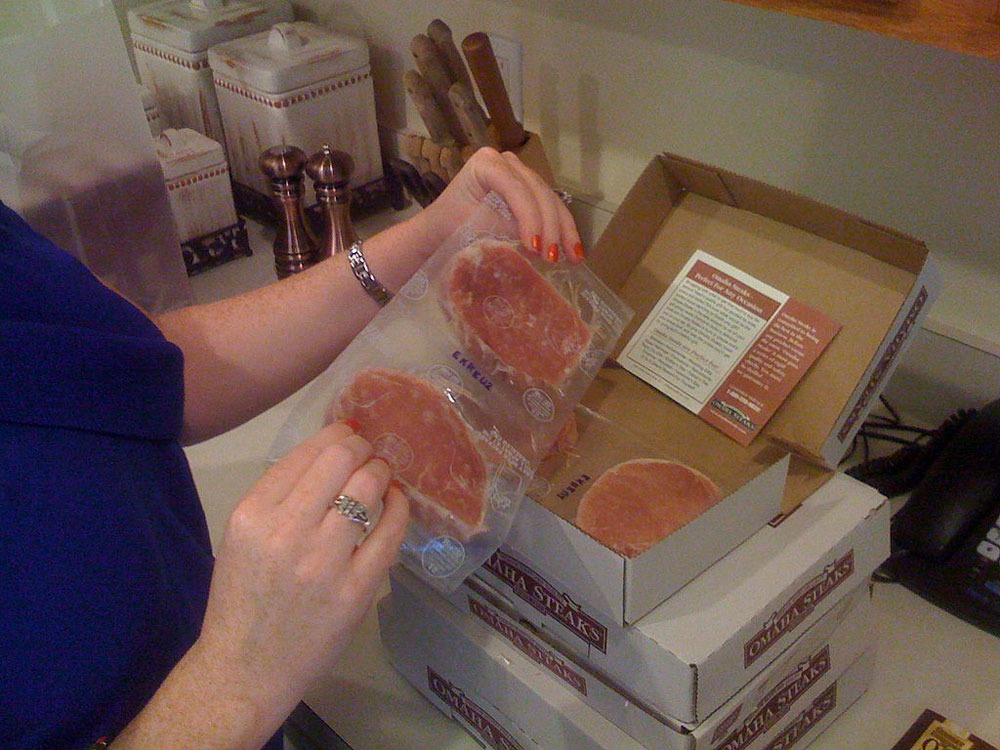
May 10, 2020; Washington Post, ProPublica, Politico, and Associated Press
“Which is more important? Your pork chops, or the people that are contracting COVID, the people that are dying from it?” asked Sheriff Tony Thompson of Black Hawk County, Iowa, not long ago. Thompson raises a central dynamic of how the pandemic has played out in the United States, with workers—often people of color—putting their lives on the line.
From the beginning of the COVID-19 pandemic, workers have found that governments and employers have often not been on their side. Now, millions more will be asked to put their lives at risk, asked to choose between their health and their financial wellbeing.
The Washington Post recently looked at the ways the federal government is shifting its focus from health to the economy. They concluded, “The administration is effectively bowing to—and asking Americans to accept—a devastating proposition: that a steady, daily accumulation of lonely deaths is the grim cost of reopening the nation.”
The experience of meat packers and other essential workers illustrates the costs of misplaced priorities. The federal agencies empowered to protect workers provided only suggestions; they issued no mandatory regulations. State and local officials were left to decide their own standards and when and whether they would step forward to enforce them. As infection spread, the number of very ill patients rose, and health officials recommended that plants be closed.
But public health officials have often faced resistance. For example, ProPublica reports that Nebraska Governor Pete Ricketts (R) said he “couldn’t foresee a scenario where he would tell the meatpacking plants to close.” Dr. Rebecca Steinke, a family medicine doctor in a Nebraska city hit hard by the virus, saw this lack of effective action as a threat to public health and workplace safety. “Even if they did not stop or shut down, if they would have put in better protections right from the start, we would not have seen such a rapid rise in cases.”
Last week, the federal government furthered its efforts to shift the burden of adaptation more thoroughly onto the shoulders of state government by quashing guidance from the Centers for Disease Control and Prevention (CDC) to employers on how to operate safely and protect their workers. As reported by the Associated Press:
The Trump administration shelved a document created by the nation’s top disease investigators with step-by-step advice to local authorities on how and when to reopen restaurants and other public places during the still-raging coronavirus outbreak.
Sign up for our free newsletters
Subscribe to NPQ's newsletters to have our top stories delivered directly to your inbox.
By signing up, you agree to our privacy policy and terms of use, and to receive messages from NPQ and our partners.
[…]
“Guidance for Implementing the Opening Up America Again Framework” was researched and written to help faith leaders, business owners, educators and state and local officials as they begin to reopen.
This silence leaves workers and communities without the information they will need to evaluate the reality they are facing and to judge if employers and government leaders are making wise, safe choices. Dr. Howard Koh, a Harvard professor and former health official in the Obama administration told the AP, “The dearth of real-time, public information from the nation’s experts has struck many current and former government health officials as dangerous. CDC has always been the public health agency Americans turn to in a time of crisis. The standard in a crisis is to turn to them for the latest data and latest guidance and the latest press briefing. That has not occurred, and everyone sees that.”
The Washington Post recently described the cruel choices workers are being asked to make as employers and governments increase the economic pressure on them to ignore health risks. “A growing roster of states has started issuing ultimatums to their residents,” they say, “telling them to accept their old posts, if they’re re-offered the opportunity, or risk losing unemployment aid altogether.”
In Ohio, which has encouraged businesses to report employees who don’t come back to work, approximately 600 employers have already turned in about 1,200 workers, the state’s labor agency said.
Workers are also now being attacked to deflect responsibility from employers. Rather than hold an employer responsible for the conditions they have people work under, it is easier to blame the victim, apparently. According to Politico, US Health and Human Services Secretary Alex Azar “told a bipartisan group that he believed infected employees were bringing the virus into processing plants…infections, he said, were linked more to the ‘home and social’ aspects of workers’ lives rather than the conditions inside the facilities.”
With more workers being asked to report to work, and with the federal government and many states doing little to ensure that they will be safe, we all have a stake in not letting the situation go unopposed. Not only are individuals in danger, but the larger community risks losing the benefit of all it took to bring the virus under better control. If workplaces become hotbeds of COVID-19 spread, we will all pay a price. —Martin Levine










